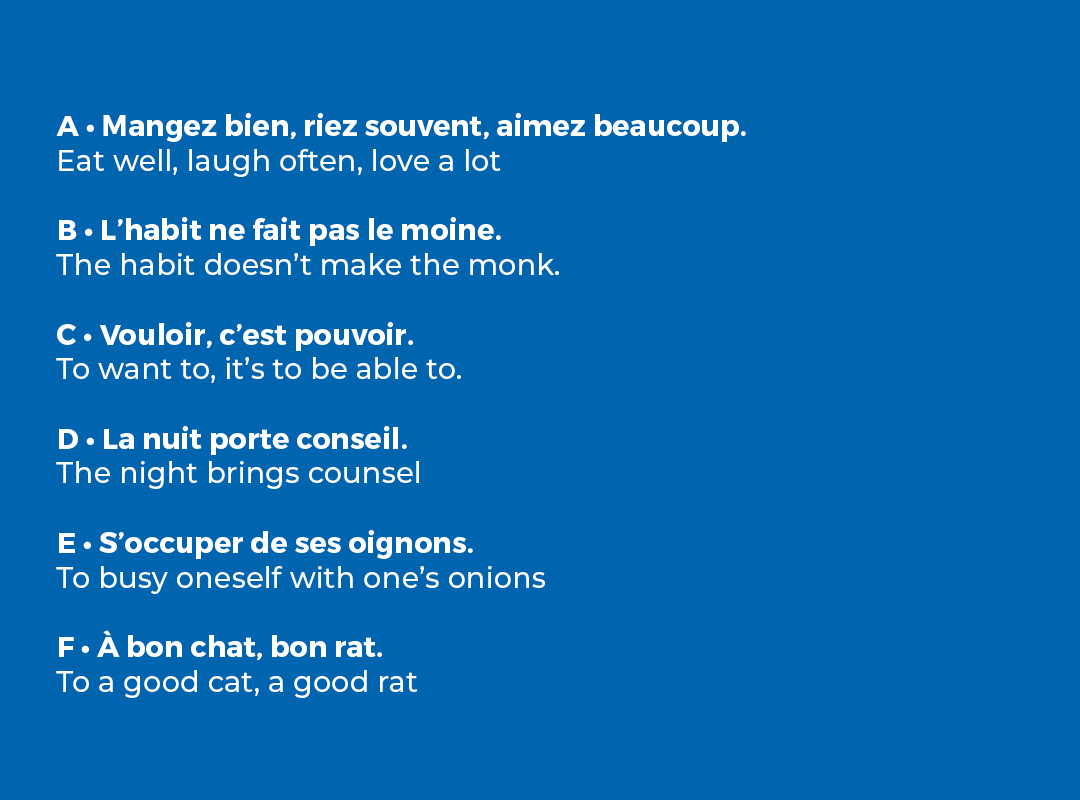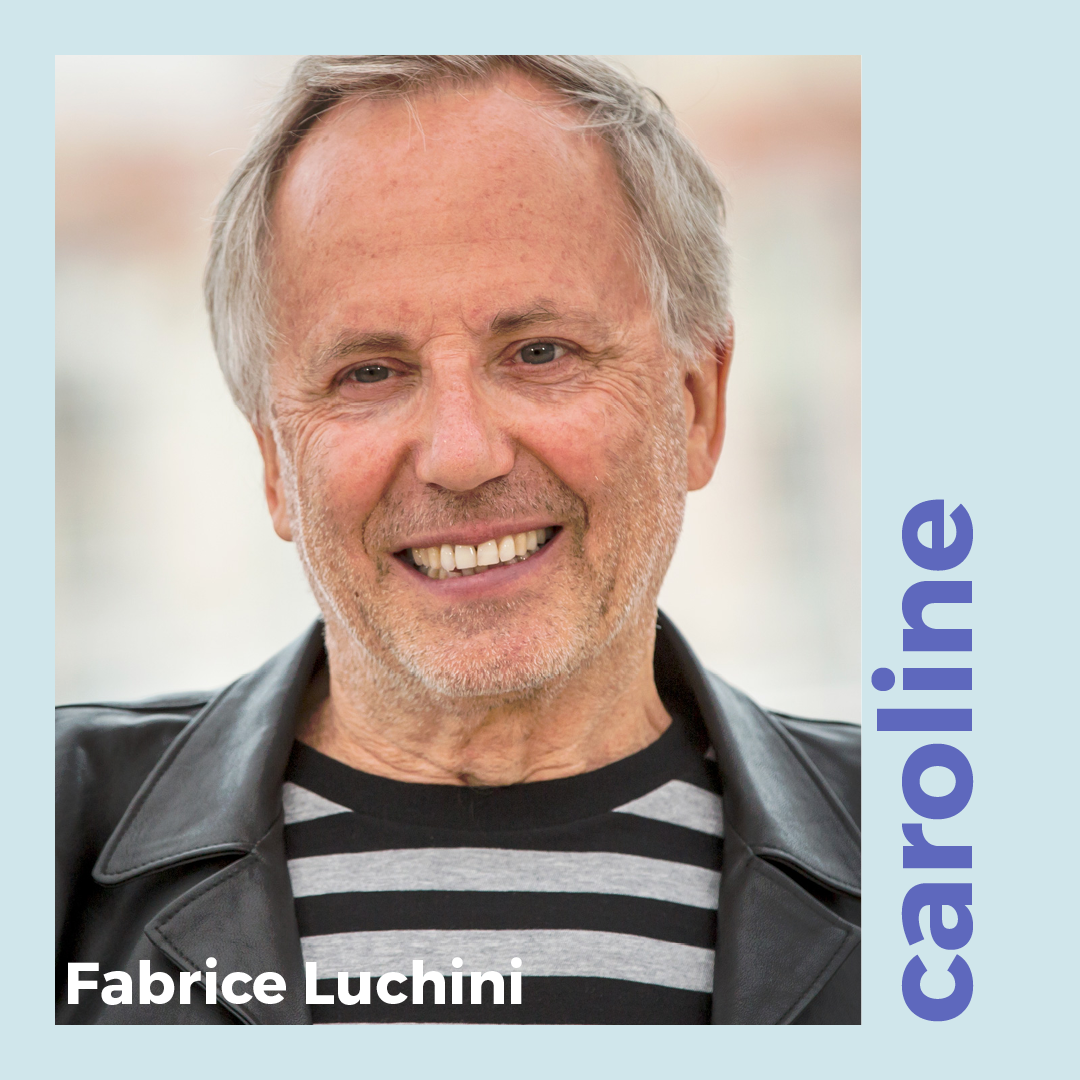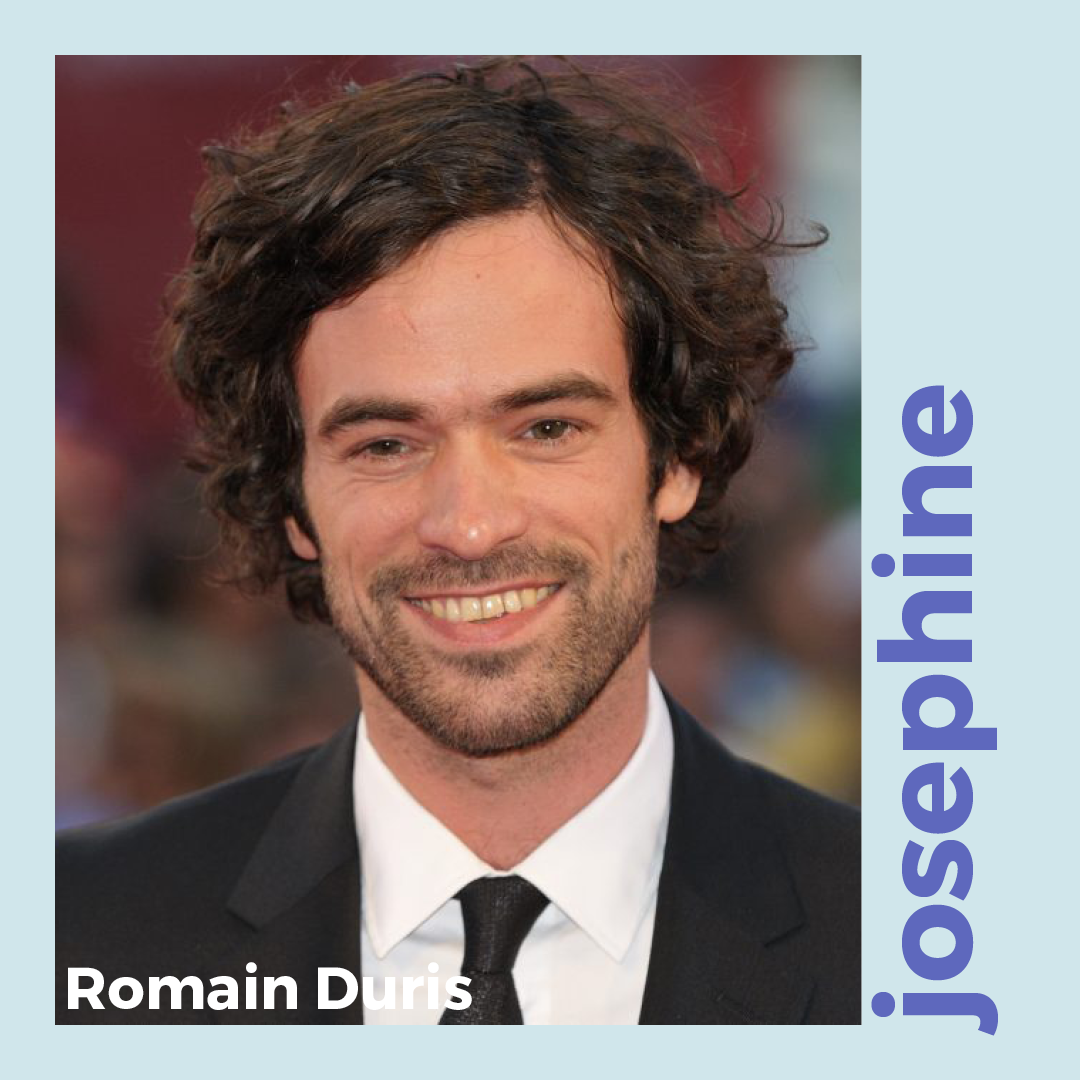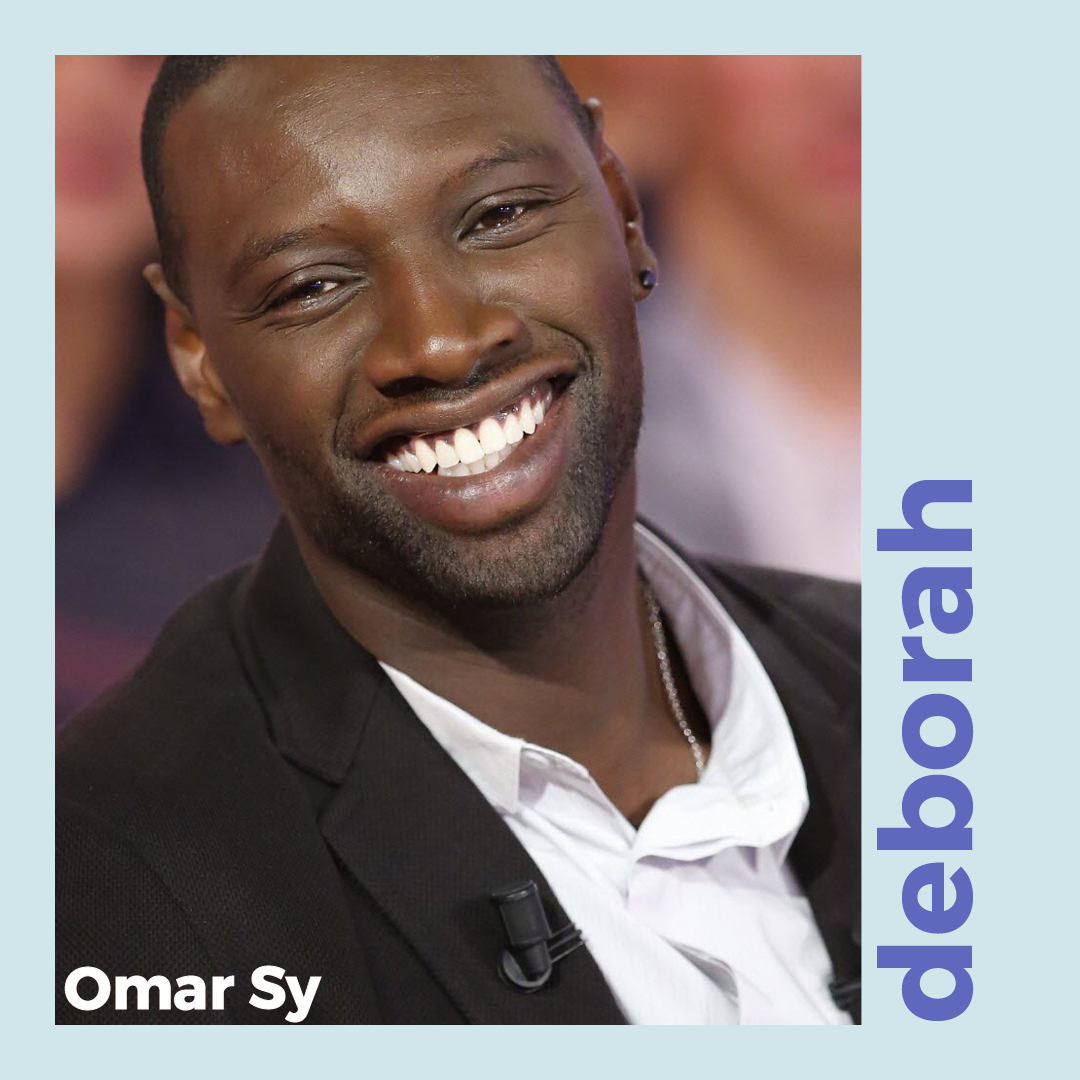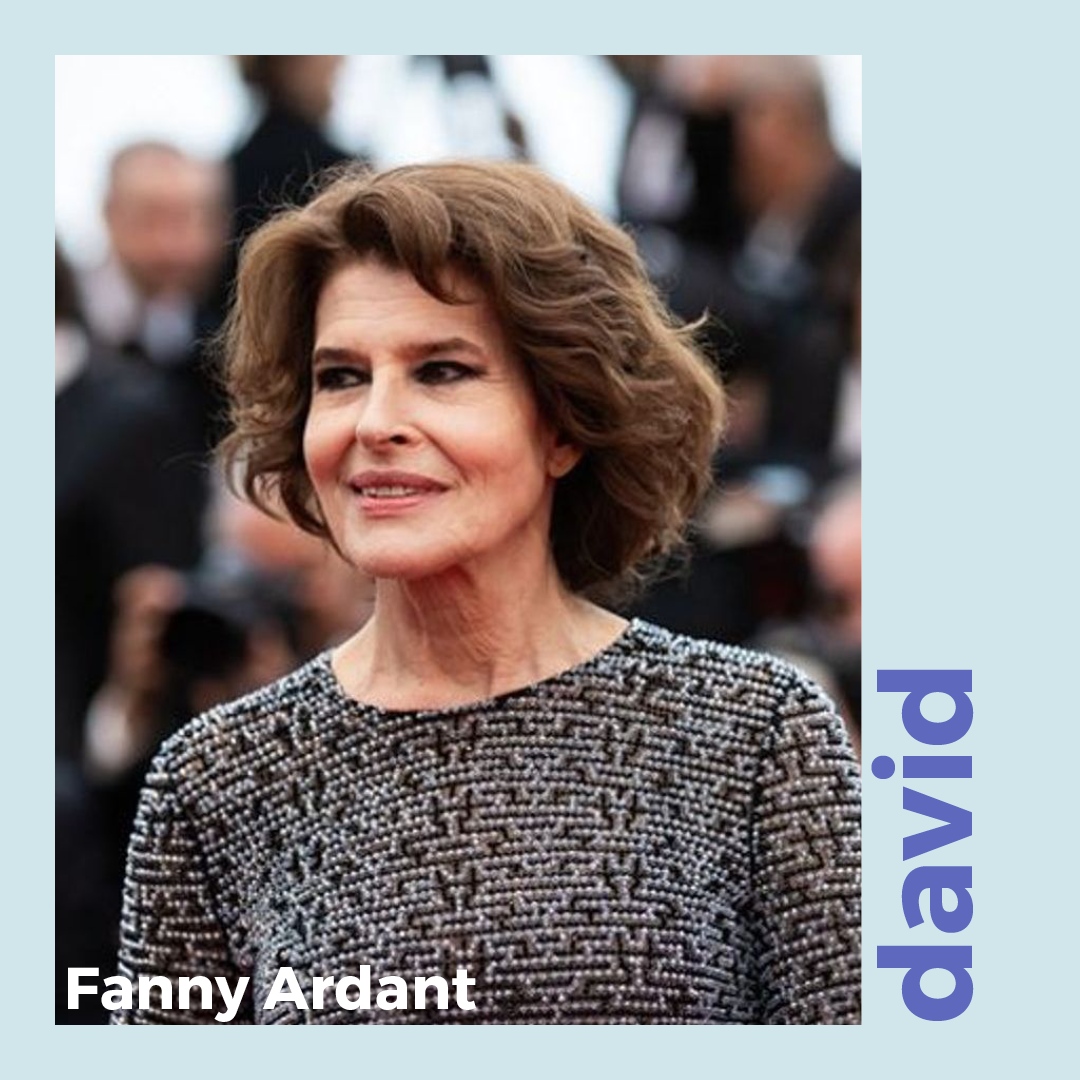Rillettes recipe
Since it’s not commonplace for rillettes* to be included on the menu at Australian restaurants, I jumped at the chance to order them recently when on a p’tit week-end.*
So inspired was I by the ritual of spreading the confit pork onto toasted baguette on a cold winter’s day, I thought I might have a go at making some myself. I found a recipe, but fainéante* that I am, as soon as I saw an ingredient I didn’t recognise and a cooking time that totalled six hours, my desire mysteriously vanished.
I then remembered that one of the équipe*, Caroline, had brought in some homemade tuna rillettes a few months previously and they were absolutely délicieuses*, and even more importantly très simple* to make. So, if you have a can of tuna, some other fairly basic ingredients and 10 minutes up your sleeve, making this recipe will be time very well spent, indeed. Bon courage!*
PS c à s =cuillère à soupe (soup spoon), and
c à d = cuillère à dessert = dessert spoon
*Meat, fish or poultry that's been chopped or shredded, seasoned with salt and pepper and preserved slowly in its own fat | *weekend away | *lazybones | *team | *delicious | *very simple | *Good luck!

















